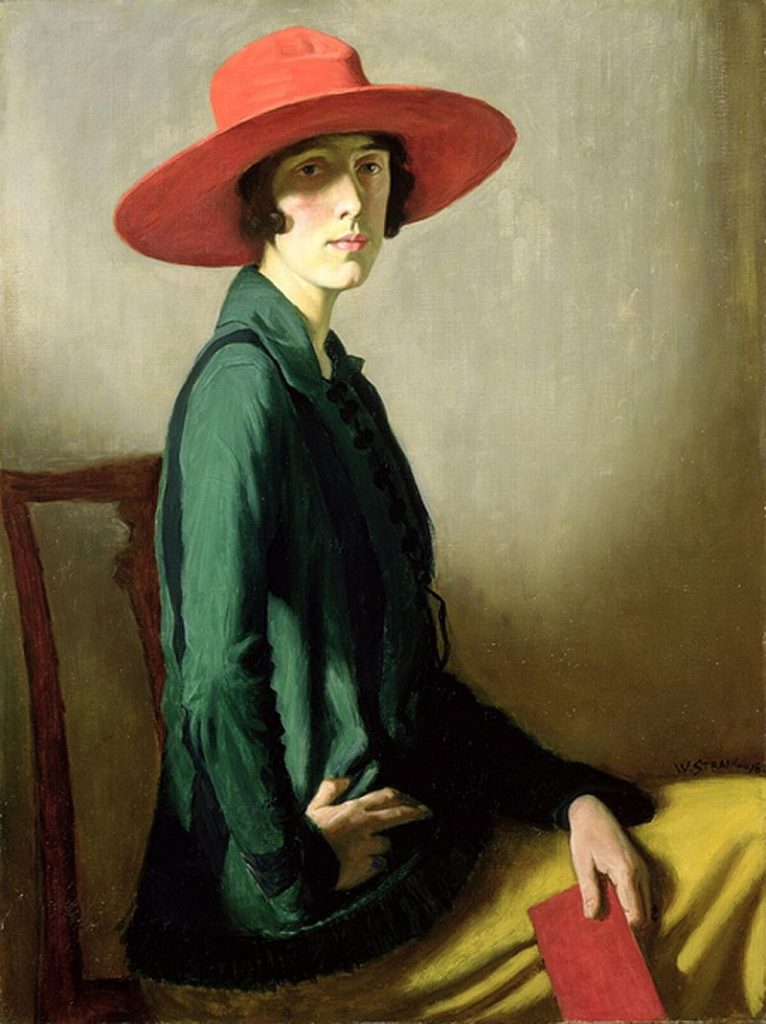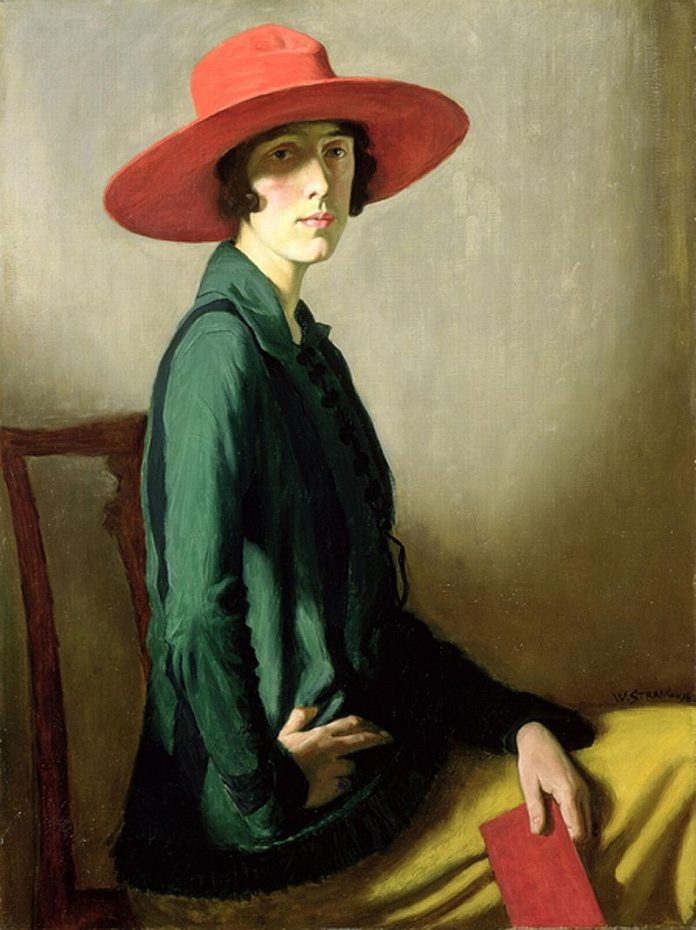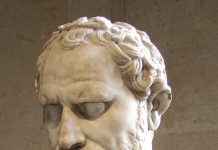The topic of this book by 13 collaborating Classics scholars is a text by the ancient Roman poet Virgil. It is not, however, about his most famous work, the Aeneid, but rather the lesser known Georgics (dating to 29 BCE).
It was not until the 1970s that the Georgics began receiving a lot of attention from scholars; this book acts as a restart to the past 50 years of study, giving us a survey of what has been both understood and misunderstood. It thereby develops fresh insights into what it may represent.
Ostensibly the Georgics is a work about agriculture, but there is a paradox. As one of the authors points out, by a review of the literature about Virgil’s work “one might gain the impression that the Georgics is a text essentially about poetry; other Hellenistic and Latin texts; ideology or politics.” In other words, anything but the simple business of tilling and planting.
One can often find the reason for a paradox in the absence of something. In this case, trade. “Virgil does not include trade and the exchange of gifts among the activities of the farmer.” Even more mysterious, “the farmer in Virgil scarcely engages in any social relationship.” The absence of wealth and economic exchange is a surprise, but what most animates the debate about the Georgics is whether it was written to instruct (which is the purpose of a didactic poem), or (as Seneca wrote) merely to delight. In this book Nicholas Freer (at the Univ. of Iceland) concludes Virgil “tips his hand in favour of the Athenian Epicurean position” which rejected poetry as a form of instruction “because of its dangerously irrational lure.”
That the Georgics is now a staple in the university classroom is a topic covered by Richard F. Thomas at Harvard, who has taught about it for more than 30 years. “What attracts students, what gives them pleasure and what therefore makes the poem live and breathe, is its music in the broadest sense: its rhythms, its structures, its intertexts, the word order and wordplay.”
The modern reception of the Georgics is covered in a fascinating analysis by Susanna Braund of the University of British Columbia in Canada. In addition to an analysis of a full English translation by Janet Lembke in 2005 which “comes from a place of deep sympathy with the natural world, a sympathy that she shares with Virgil,” Braund considers the 1926 poem The Land by Vita Sackville-West. This celebrated work was her most successful book, but it is not a literal translation of the Georgics. Rather, it is deeply inspired by Virgil’s work, and in her conclusion she addresses Virgil directly.
Braund, in looking at the work of these women, concludes “both have a profound knowledge of working land. Both respond to Virgil’s evocation of Italy by articulating their devotion towards their own beloved landscapes: the county of Kent for Sackville-West and North Carolina for Lembke.” The result, says Braund, is a “successful modernization of Virgil’s world.”
Ailsa Hunt at the Univ. of Birmingham in England has a cautionary tale of the utmost importance for our understanding of Roman religion. Scholars for many years have used 7th century work attributed to Servius, which contains a commentary on the Georgics, to frame what the Romans 700 years earlier believed. Hunt shows the folly of this approach, thus putting much modern scholarship into question. A few lines by Servius have been so attractive, she says, “because of the way it seems to confirm long cherished narratives about the nature and development of early Roman religion. Yet the thinking here is disturbingly circular, for Servius is being used to give stamp of approval to scholarly narratives without anyone questioning how reliant the scholars who first crafted those narratives were on Servius.” It reminds me of the trap modern Milton scholars fell into by looking at every passage of Paradise Lost through the lens of religion, as the earliest Milton scholars did. By doing so, they completely misread an important passage as a Biblical allusion, when it fact it was a literal description of the aurora borealis. The works of Virgil are considered the finest in Latin, just as the work of Milton is considered to be the finest epic poem in English.
My research that made the aurora discovery, which recast our understanding of Paradise Lost, was published in the journal Renaissance and Reformation in 2016. The moral of the story being that scholarly consensus does necessarily not impart truth, which is why this book assumes such importance. By adopting new perspectives on the Georgics, as its title states, we can all gain a far greater appreciation for what Virgil wrote just over 2000 years ago.
The book is nearly free of typos, but one that should be mentioned comes in a quote from John Martyn, who wrote an English translation of the Georgics in 1741. The passage in this book on pg 169 reads “I am no poet myself, and therefore cannot by moved….” The word “by” should read “be”. The 200 pages of text in this book is supplemented with 86 pages of notes, bibliography and an index which is generally very fine but omits certain things such as the star Arcturus on pages 41 and 42.
Reflections and New Perspectives on Virgil’s Georgics is $82 from Bloomsbury
visit their website: Bloomsbury.com














